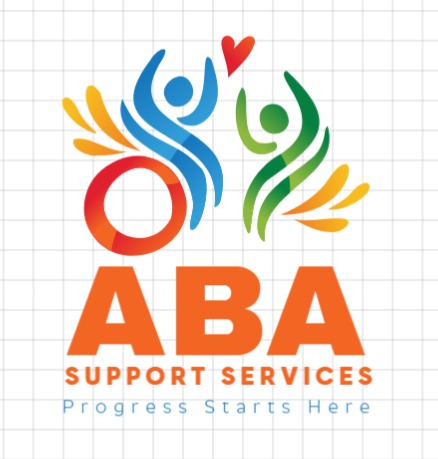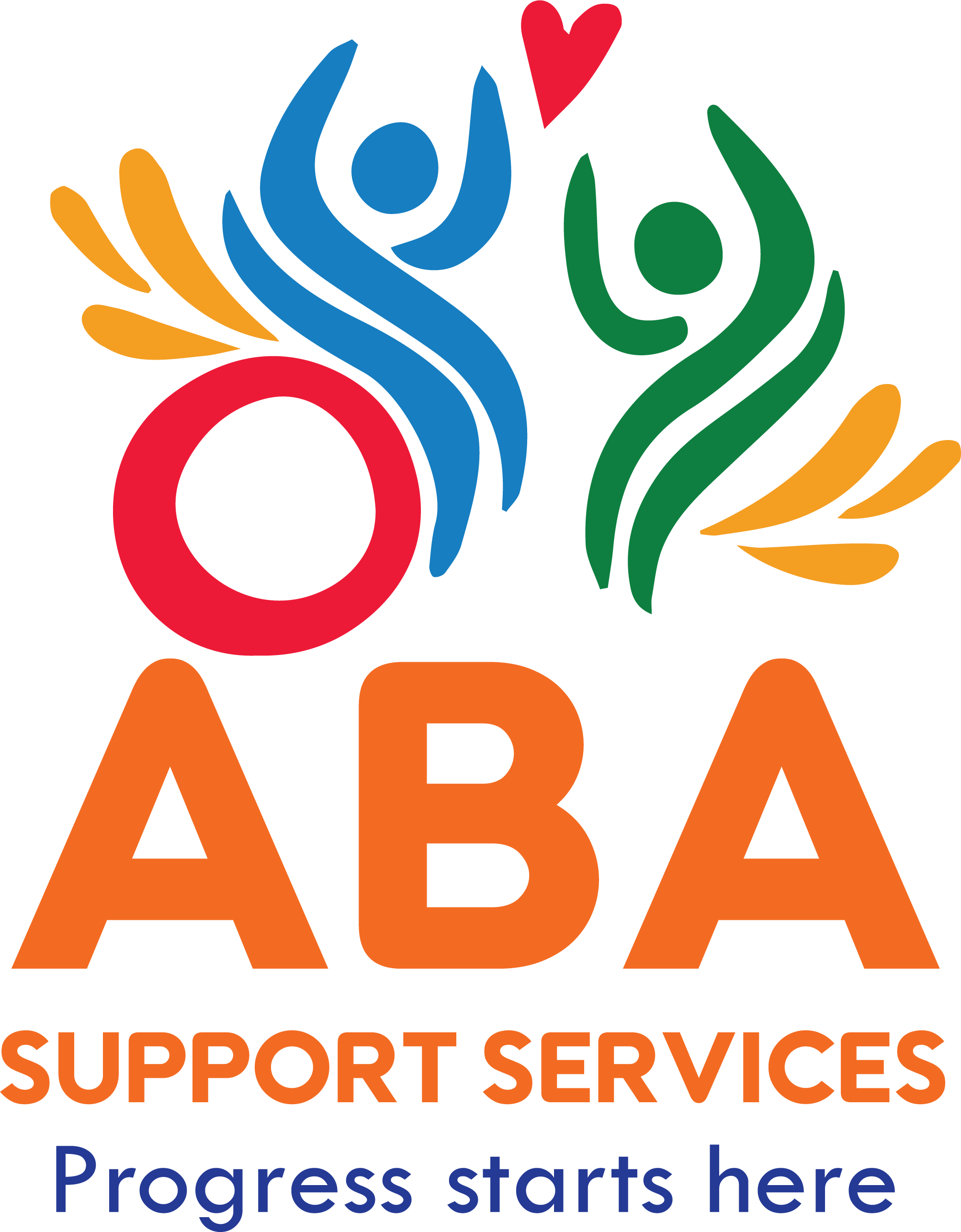
Caring for individuals with disabilities can be both rewarding and challenging, often requiring significant time and energy. To support caregivers and ensure individuals with autism and other disabilities receive proper care, Respite Support Programs have emerged as a crucial service. These programs offer temporary relief to caregivers while providing individuals with quality care in a safe and supportive environment.
Understanding Respite Support Programs
Respite support programs are designed to offer short-term, temporary relief for primary caregivers of individuals with disabilities, chronic illnesses, or special needs. These services can range from a few hours of supervision to extended stays, allowing caregivers time to rest, manage personal affairs, or simply take a break from their demanding responsibilities.
Types of Respite Support
- In-Home Respite Care
This type of respite care takes place in the individual’s home, where trained professionals or respite workers assist with daily activities, personal care, and engagement. In-home care ensures minimal disruption to routine while allowing caregivers to step away with peace of mind.
- Community-Based Respite Programs
Community centers, specialized respite facilities, and day programs provide structured care, including social activities, skill-building exercises, and therapeutic sessions. These programs offer a change of environment for individuals while promoting social interaction.
- Residential or Overnight Respite Care
For caregivers in need of extended relief, residential programs offer short-term stays at specialized care facilities. These programs ensure that individuals receive professional supervision and personalized care while caregivers take the necessary time to recharge.
- Emergency Respite Services
Unexpected situations may arise where immediate support is needed. Emergency respite programs provide urgent, temporary care to ensure individuals remain safe and supported during a caregiver’s sudden absence.
Benefits of Respite Support Programs
For Caregivers:
- Reduces stress and burnout by offering necessary breaks
- Improves overall well-being and mental health
- Provides time for personal commitments and self-care
- Strengthens caregiver relationships by reducing exhaustion and frustration
For Individuals Receiving Care:
- Ensures continuous quality care and supervision
- Encourages social interaction and engagement in new activities
- Promotes emotional and behavioral stability
- Enhances overall well-being through structured support
Who Can Benefit from Respite Support?
Respite programs are designed for individuals with autism, developmental disabilities, physical impairments, chronic illnesses, and aging-related conditions. Caregivers, including parents, spouses, and family members, can all benefit from access to these services.
Expanding Access to Respite Services
With the growing demand for respite care, many governments and non-profit organizations are working to expand these services through funding, policy development, and awareness campaigns. Accessible and affordable respite care is essential to ensuring the well-being of both caregivers and individuals with special needs.
Conclusion
Respite support programs provide a vital service for families caring for individuals with disabilities and special needs. By offering temporary relief, these programs improve caregivers’ quality of life while ensuring individuals receive high-quality care in a nurturing environment. As awareness and support for respite services continue to grow, more families can benefit from the essential relief and care these programs provide.
For those seeking respite services, local organizations and support networks offer resources and assistance. Ensuring that caregivers have access to these programs is a step toward building a more supportive and inclusive society.

